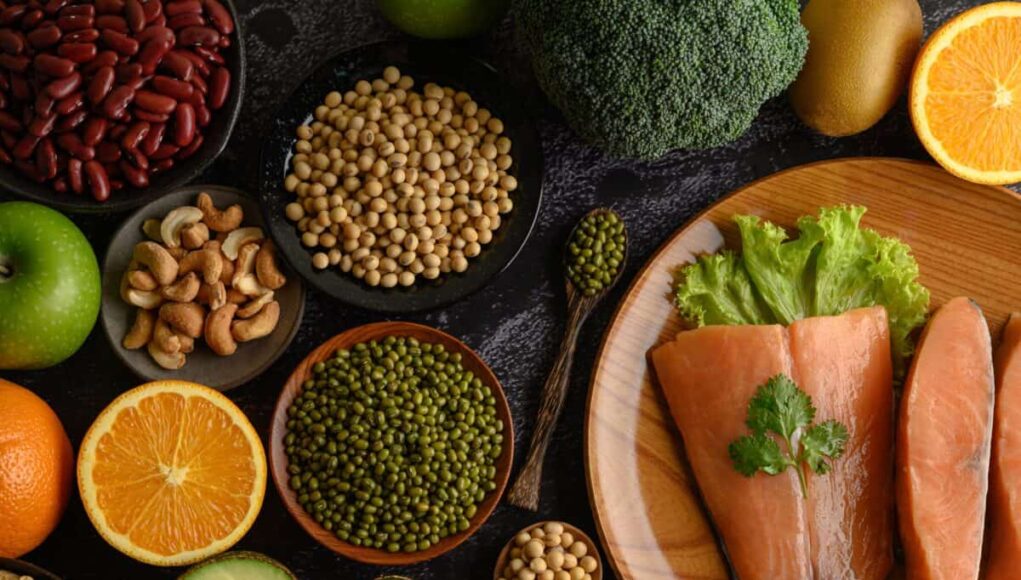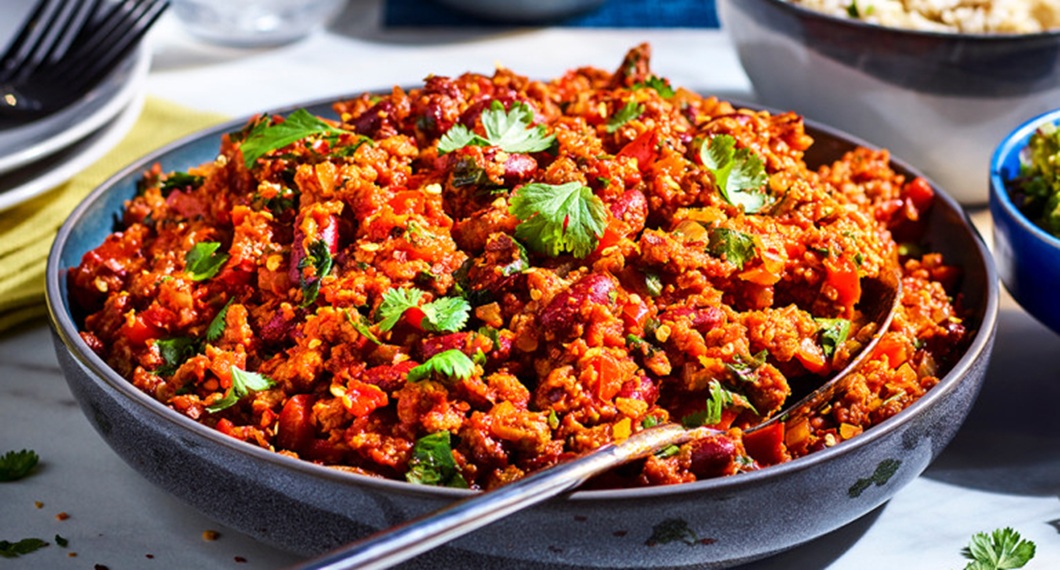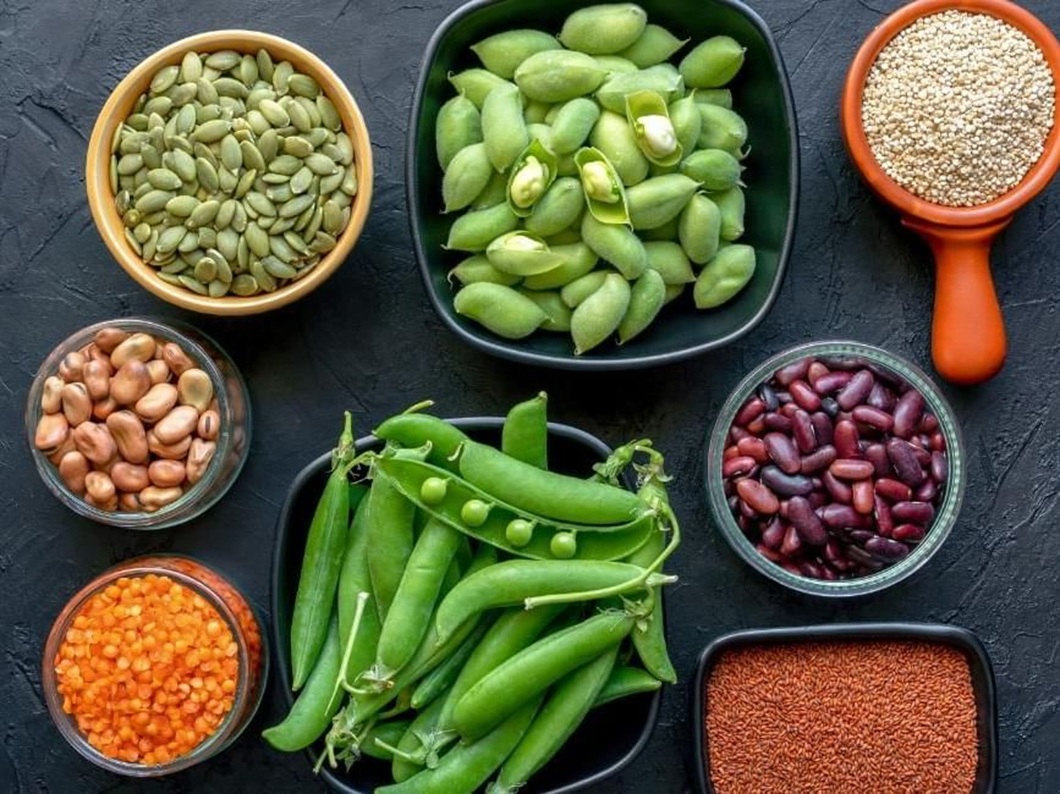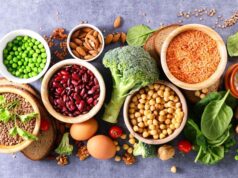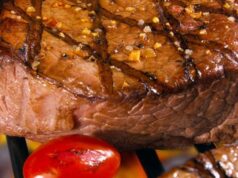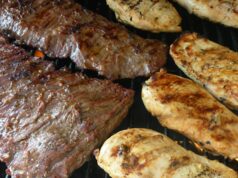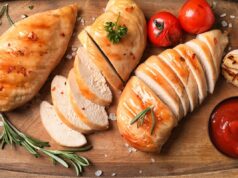The Best High-Protein Foods for Muscle Growth
If you want to build muscle, protein is your best friend. It plays a crucial role in muscle repair and growth, helping you recover after intense workouts. But how much protein do you really need? Experts recommend consuming 1.6–2.2g of protein per kilogram of body weight to optimize muscle gain. Now, let’s dive into the best high-protein foods to fuel your fitness journey.
Why Protein Matters for Muscle Building
Muscles are made of protein, so getting enough of it is essential for recovery and growth. Here’s why protein is so important:
- Muscle Repair & Growth – After a workout, your muscles experience microtears. Protein helps repair and strengthen them.
- Boosts Metabolism – A high-protein diet increases thermogenesis, helping you burn more calories.
- Prevents Muscle Loss – Protein helps preserve muscle mass, especially when cutting weight or dieting.
Best High-Protein Foods for Muscle Growth
Lean Meats
Lean meats are some of the best sources of complete protein, meaning they provide all essential amino acids.
- Chicken Breast (31g protein per 100g) – A bodybuilding staple, low in fat and high in protein.
- Turkey (29g protein per 100g) – Similar to chicken, but slightly leaner.
- Lean Beef (26g protein per 100g) – Rich in iron and B vitamins, great for energy production.
Fish & Seafood
Fish is not only high in protein but also packed with healthy fats like Omega-3s.
- Salmon (25g protein per 100g) – Great for muscle recovery and inflammation reduction.
- Tuna (30g protein per 100g) – Low in fat and high in protein, ideal for lean muscle gain.
- Shrimp (24g protein per 100g) – Low-calorie, high-protein, and great for quick meals.
Eggs & Dairy
Eggs and dairy products provide high-quality protein along with essential vitamins and minerals.
- Whole Eggs (6g protein per egg) – A complete protein source with healthy fats.
- Greek Yogurt (10g protein per 100g) – High in casein, which provides slow-digesting protein.
- Cottage Cheese (11g protein per 100g) – A fantastic snack packed with casein protein for overnight muscle recovery.
Plant-Based Protein Sources
For those on a plant-based diet, there are still plenty of high-protein options:
- Lentils & Beans (9g protein per 100g) – A fiber-rich, plant-based protein source.
- Tofu & Tempeh (8-19g protein per 100g) – Great meat substitutes packed with protein.
- Quinoa & Chia Seeds (4g & 17g protein per 100g) – Whole plant proteins rich in fiber and nutrients.
Protein Supplements (If Applicable)
If you struggle to meet your protein goals through food alone, supplements can help.
- Whey Protein – Fast-digesting and ideal for post-workout recovery.
- Plant-Based Protein – Good for vegans, made from sources like pea or rice protein.
- Casein Protein – Slow-digesting, great for nighttime muscle recovery.
7-Day High-Protein Meal Plan for Muscle Growth
Here’s a structured meal plan featuring high-protein foods:
Day 1
- Breakfast: Scrambled eggs with spinach and whole-grain toast
- Lunch: Grilled chicken breast with quinoa and steamed broccoli
- Snack: Greek yogurt with chia seeds and berries
- Dinner: Salmon with roasted sweet potatoes and asparagus
- Post-Workout: Whey protein shake with banana and almond milk
Day 2
- Breakfast: Oatmeal with protein powder and almond butter
- Lunch: Tuna salad with mixed greens and chickpeas
- Snack: Cottage cheese with sliced peaches
- Dinner: Lean beef stir-fry with brown rice and vegetables
- Post-Workout: Protein smoothie with Greek yogurt and berries
Day 3
- Breakfast: Scrambled egg whites with avocado and whole-grain toast
- Lunch: Grilled tofu with quinoa and roasted Brussels sprouts
- Snack: Almonds and a boiled egg
- Dinner: Baked salmon with mashed sweet potatoes and green beans
- Post-Workout: Casein protein shake
Day 4
- Breakfast: Protein pancakes with Greek yogurt and honey
- Lunch: Turkey and spinach wrap with hummus
- Snack: Protein bar and mixed nuts
- Dinner: Shrimp stir-fry with brown rice and steamed vegetables
- Post-Workout: Whey protein shake with almond milk
Day 5
- Breakfast: Omelet with cheese and mushrooms
- Lunch: Lentil soup with whole-grain bread
- Snack: Greek yogurt with flaxseeds
- Dinner: Grilled chicken breast with roasted potatoes and a side salad
- Post-Workout: Protein smoothie with banana and peanut butter
Day 6
- Breakfast: Chia pudding with protein powder and berries
- Lunch: Baked cod with quinoa and grilled zucchini
- Snack: Boiled eggs and almonds
- Dinner: Lean beef tacos with whole-wheat tortillas
- Post-Workout: Casein protein shake
Day 7
- Breakfast: Smoothie bowl with protein powder, banana, and granola
- Lunch: Chicken stir-fry with brown rice and bell peppers
- Snack: Greek yogurt with honey and walnuts
- Dinner: Grilled tofu with roasted vegetables and wild rice
- Post-Workout: Protein bar
Common Protein Myths & Mistakes
Myth #1: You Need to Eat Protein Every 2-3 Hours
While frequent protein intake can be helpful, total daily intake matters more than meal timing.
Myth #2: You Can’t Get Enough Protein on a Plant-Based Diet
With the right mix of plant-based proteins, you can still meet your daily protein needs.
Myth #3: More Protein Means More Muscle
Eating excessive protein won’t automatically build more muscle. You also need proper training and recovery.
Conclusion
Building muscle isn’t just about lifting weights; it’s also about fueling your body with the right nutrients. High-protein foods like lean meats, fish, eggs, dairy, and plant-based options provide the necessary building blocks for muscle growth. Focus on a well-balanced diet, stay consistent, and watch your gains skyrocket!
Which of these protein-rich foods is your favorite? Let us know in the comments below!

